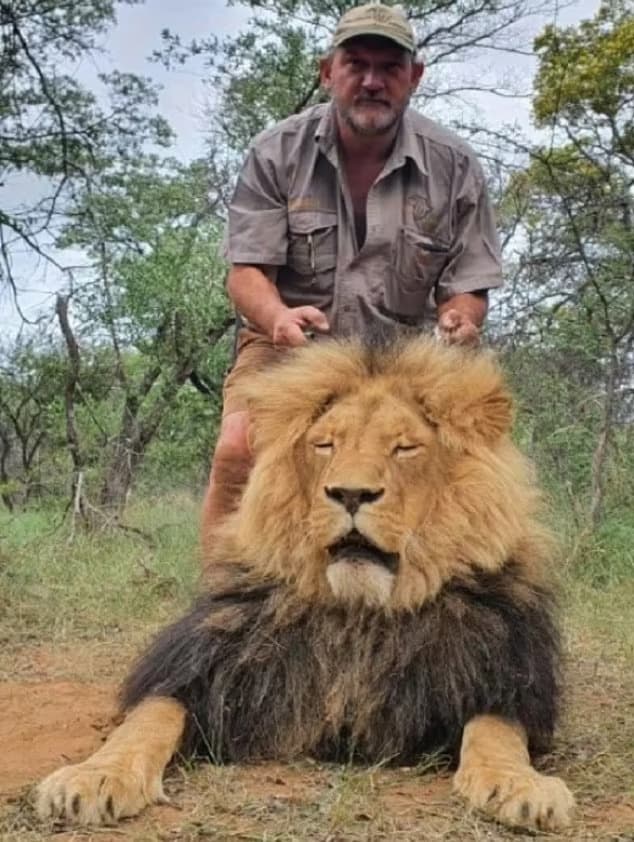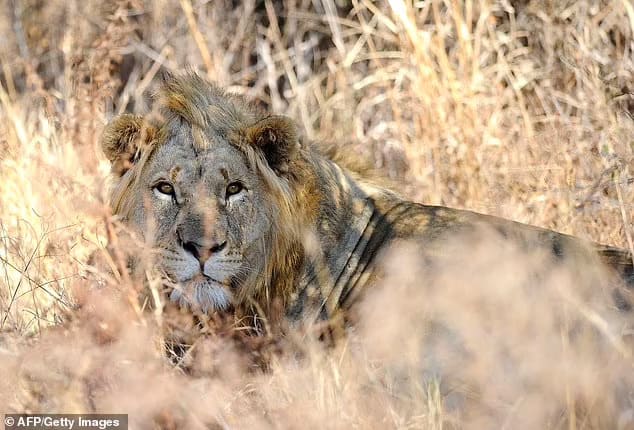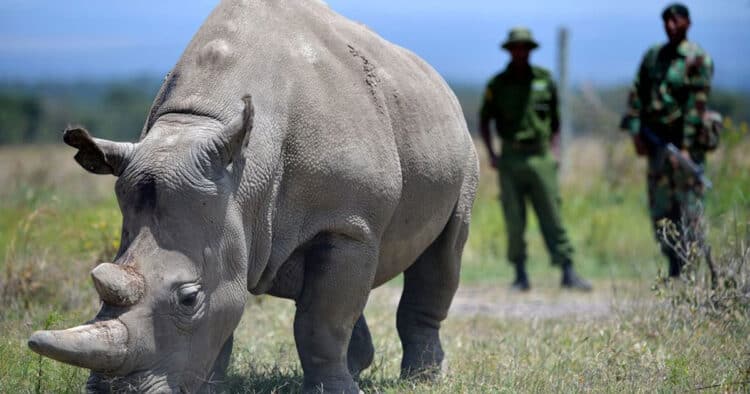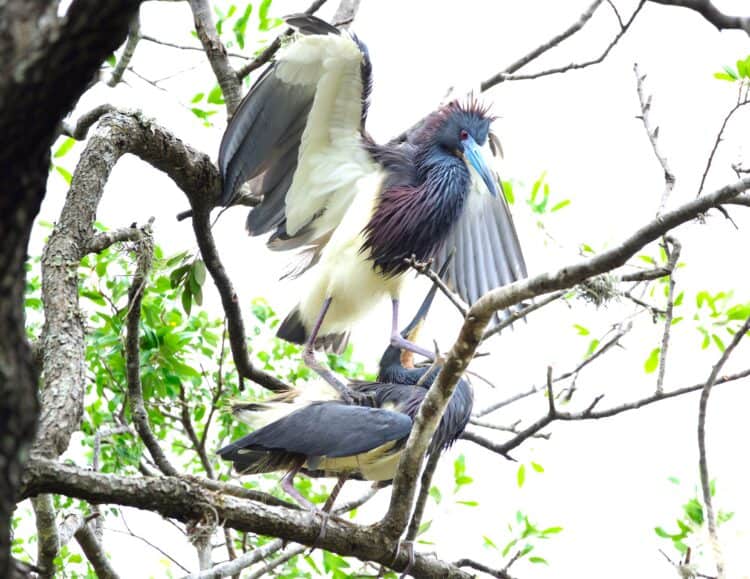The US plans to extend its endangered species protection to lions in Africa, five months after an American dentist caused an international furore by killing Cecil, a famed lion which lived in Zimbabwe.
US Fish and Wildlife Service (FWS) will classify lions in southern and eastern Africa as threatened, with those in the central and western regions covered by full endangered status. The move will place tighter restrictions on the import of lion “trophies”, such as paws or heads.
While the US cannot regulate hunting in other countries, the move is significant because around half of all lion hunting in Africa is conducted by Americans. According to FWS data, more than 5,600 lions have been killed and imported by American hunters over the past decade.

Walter Palmer, a dentist from Minnesota, provoked outrage in July when he shot Cecil, a well-known lion with a distinctive dark mane. Cecil was lured outside the boundaries of Zimbabwe’s Hwange national park where Palmer, who had paid thousands of dollars to kill a lion, shot Cecil with a bow and arrow.
Palmer said he would not have shot Cecil if he knew the lion had a name. His dental practice closed temporarily due to vociferous protests, with the opprobrium prompting regulators to look at new ways to curb trophy hunting.
Under the new FWS rules, bringing lion parts to the US will be banned in most circumstances if the animal is from a country where lions are endangered. Hunters will have to show the trophies were “legally obtained” from countries that have a “a scientifically sound management program that benefits the subspecies in the wild”.
This regulation is expected to place a far greater burden of proof upon hunters who claim that the money from lion hunting has been used to help communities in Africa and the overall conservation of lions. The persistent downward trend in lion numbers, due to habitat loss and hunting by locals and foreign tourists, suggests there has been little conservation benefit from organised hunts.
An international study, published in September, found African lion numbers have decreased by half since 1993, with a further 50% decline expected over the next 20 years for populations in west, central and east Africa.
Lion populations are only increasing in southern Africa, the study found, adding: “Many lion populations are either now gone or expected to disappear within the next few decades to the extent that the intensively managed populations in southern Africa may soon supersede the iconic savannah landscapes in east Africa as the most successful sites for lion conservation.”
Despite this alarming slide in numbers, lions are only listed as vulnerable, rather than endangered, by the International Union for Conservation of Nature. The organisation’s red list estimates there are around 20,000 left in Africa. A separate population of Asiatic lions, numbering around 520, live in the Indian state of Gujarat.
“The lion is one of the planet’s most beloved species and an irreplaceable part of our shared global heritage,” said Dan Ashe, director of the FWS. “If we want to ensure that healthy lion populations continue to roam the African savannas and forests of India, it’s up to all of us – not just the people of Africa and India – to take action.
“Sustainable trophy hunting as part of a well-managed conservation program can and does contribute to the survival of the species in the wild, providing real incentives to oppose poaching and conserve lion populations.”
Conservation groups welcomed the new rules but said they would monitor how they will be applied in practice.
“These new regulations will take away a primary motivation for American hunters to kill the lions, since they almost certainly will not be able to bring the lions’ heads and hides back into our country,” said Wayne Pacelle, chief executive of the Humane Society of the United States.
“By highlighting the plight of the animals, and restricting gratuitous killing, the listing decision should encourage photographic tourism and other forms of wildlife appreciation.
“The world must get past an era of a handful of people killing the most magnificent animals in the world to adorn their trophy rooms. These creatures have their own desires to live, and we shouldn’t snuff them out for bragging rights and a higher perch in the pantheon of the trophy-hunting world.”
In November, France banned the import of lion trophy parts, while the UK announced it will bring in a similar ban by 2017 unless there is a “significant improvement in the performance of the hunting industry”. Australia outlawed the import of lion trophies in March.
Cecil the lion’s lineage looks set to continue, with his son having been observed mating. Scientists expect the birth of Cecil’s grandcubs in March. They are sure that Xanda is Cecil’s offspring because Cecil was the only pride male around at the time of his birth in 2011.
His movements have been tracked by Oxford University’s Wildlife Conservation Research Unit, which as researched lions in Hwange since 1999.
This article was first published by The Guardian on 21 Dec 2015.
We invite you to share your opinion whether the US should extend endangered species status to lions in Africa? Please vote and leave your comments at the bottom of this page:
Thank you for voting.


![More than 150 endangered vultures poisoned in South Africa, Botswana A Cape vulture flies low at the Vulpro Vulture Rehabilitation Centre in Hartebeepoort Dam in the Magalisburg region of South Africa in 2015 [Mujahid Safodien/AFP] (AFP)](https://focusingonwildlife.com/news/wp-content/uploads/000_Par8276044-750x563.jpg)



Leave a Reply